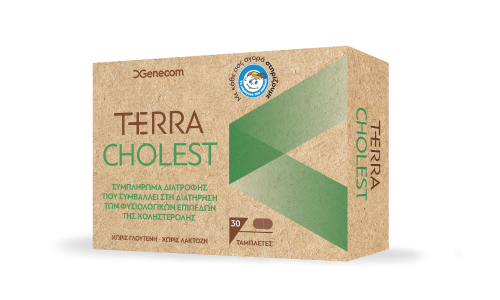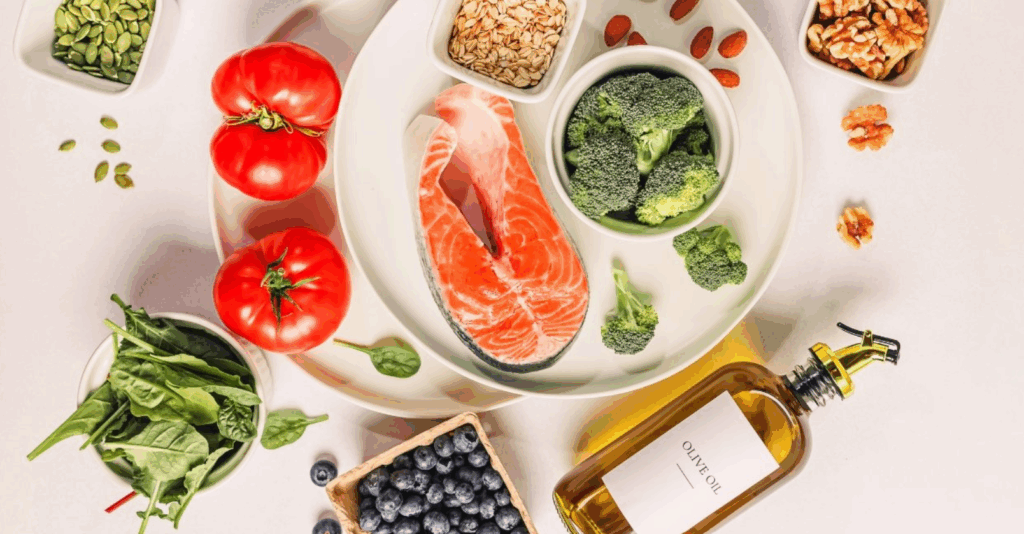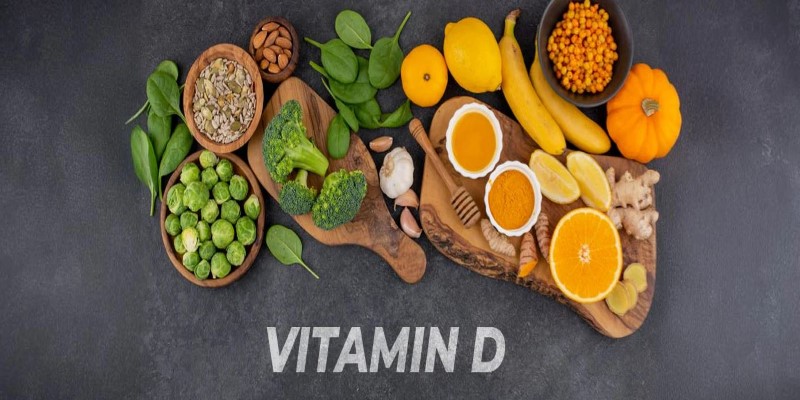10 Best Anti-Inflammatory Foods to Add to Your Diet
Anti-inflammatory foods. Inflammation is very common in people. This is a response of the body to any infection or injury, and it is also an important part of the healing process. However, it is very important to ensure that information does not become chronic. Chronic inflammation can cause numerous issues. It can lead to a wide range of topics, including heart disease, arthritis, and diabetes.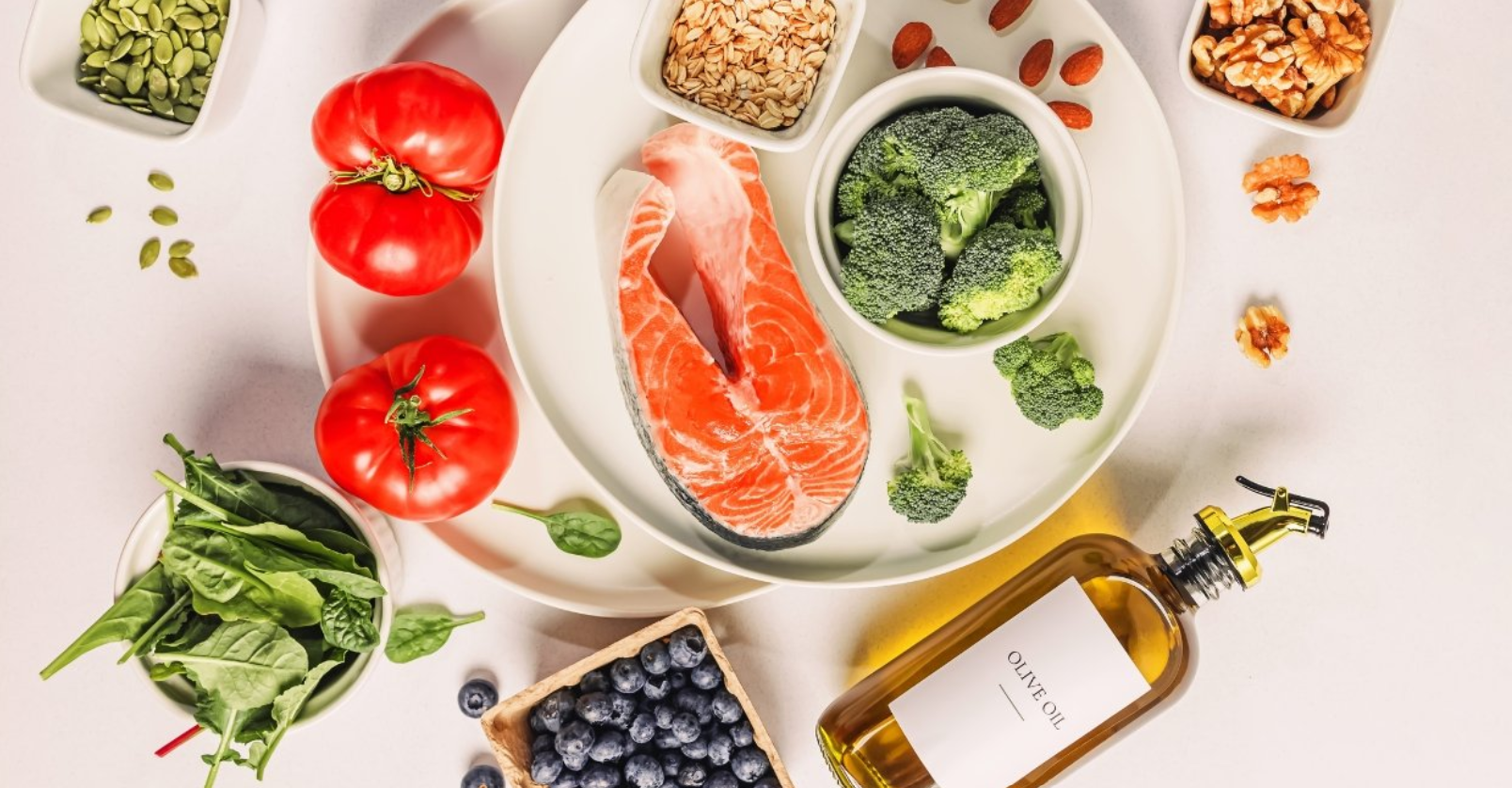
One of the best ways to reduce inflammation in the body is to incorporate anti-inflammatory foods into your daily routine. These foods can help strengthen your immune system and combat long-term inflammation in the body, thereby preventing it from becoming chronic. Numerous types of foods possess anti-inflammatory properties. So, let’s jump right into the article on the natural remedies for inflammation.
Top 10 Foods to Reduce Inflammation Naturally
If you’re wondering what to eat for inflammation, we’ve compiled a list below for your helps and also mentioned health benefits of anti-inflammatory food.
1. Fatty Fish
Fatty fish is one of the best anti-inflammatory foods that you can incorporate into your diet. It contains various anti-inflammatory compounds, including omega-3 fatty acids, vitamin D, and selenium, all of which can help combat inflammation in the body. Fatty fish not only helps alleviate inflammation but also supports heart and brain health. It is also beneficial for managing various autoimmune diseases and selecting the best foods for inflammation and joint pain.
Fatty fish can be easily integrated into your daily routine. You can bake the fish with different herbs to add more taste. You can also pair it with various pastes and even make homemade sushi to add variety to your meals.
2. Berries
Another great food that can reduce inflammation naturally is berries. They are packed with a variety of nutrients, including fiber, vitamins, and powerful antioxidants. All of this can help fight inflammation in the body and also reduce stress. Berries contain various anti-inflammatory compounds, including anthocyanins, Quercetin, Vitamin C, and Ellagic acid.

These compounds are effective in reducing inflammation throughout the body. Berries can also be beneficial in supporting your body’s immune function. It also reduces the risk of different chronic diseases such as heart disease and even reduces the chances of cancer. Berries have been shown to improve gut health by promoting the growth of beneficial bacteria in the digestive tract.
There are several ways to incorporate berries into your diet. You can make a fruit salad and add berries for a pop of color and added flavor. It can also be blended to make a smoothie. You can even pair them with yogurt or chai pudding.
3. Leafy greens
Leafy greens are one of the best natural remedies for inflammation. They have numerous benefits because they are rich in fiber, vitamins, and minerals, which can be great for your health. They also have different anti-inflammatory components, such as Vitamin K, Folate, and Chlorophyll, among others, that can fight inflammatory cells in the body and help keep the body healthy.
Leafy greens can also offer numerous other benefits to the body, including support for heart and bone health. It can also promote healthy digestion and detoxification in the body. Leafy greens can also be great if you want to reduce the risk of type 2 diabetes and regulate blood sugar.
You can easily incorporate leafy greens in your everyday meals, such as making smoothies. You can even add them to soups, omelets, and other meals to reap the added benefits. Lastly, you can create various types of salads and wraps to enhance the healthfulness of your diet.
4. Peppers
Peppers, such as bell and chili peppers, can be a great option if you want to include the best foods for inflammation. They are rich in antioxidants and vitamin C, which can help reduce inflammation in the body. Not only do bell peppers contain quercetin, which is known for its anti-inflammatory properties associated with chronic diseases.
They also have other important components that can support the overall health of the body. It can make aging much more healthier and allows your immune system to become stronger. Peppers can be incorporated into your diet in various ways. You can pair them with other meals and also add them to salads.
5. Green tea
Not many people know, but green tea is one of the oldest beverages in the world, and it works wonderfully to reduce inflammation naturally. Green tea has a high concentration of antioxidants that reduce oxidative stress in the body and ultimately reduce inflammation. This means it is a great food that fight inflammation. Anti-inflammatory compounds, such as L-theanine, catechins, and others, can be beneficial for individuals with chronic inflammatory conditions.

Great tea is also beneficial for supporting brain function and reducing the risk of neurodegenerative diseases. It also helps your metabolism and aids in weight loss. Green tea is typically used as a beverage; however, it can also be incorporated into muffins, smoothies, and other baked goods.
6. Extra virgin olive oil
Extra-virgin olive oil is a staple in many households and is used in numerous dishes worldwide. This is a great food that can help with inflammation in the body and also has other health benefits. It contains Vitamin E, oleocanthal, and Monounsaturated fat, which can help reduce inflammation in the body.
Extra-virgin olive oil is also beneficial for managing cholesterol and reducing blood pressure. It can also enhance brain function and lower the risk of heart disease. Oil also aids in gut health and improves digestion.
You can use this oil as dressing for different salads. It can also be added in various models for some extra flavor. Extra-virgin olive oil can be used as an alternative to butter and other vegetable oils for cooking food.
7. Broccoli
Broccoli is another food that can be added to a chronic inflammation diet. It is packed with Vitamin C and Flavonoids. It is also beneficial for boosting immune health and promoting proper digestion of food. You can use broccoli in various ways. It can be eaten as a side dish or even stir-fried into a paste and used in other dishes to elevate the overall taste of the food.
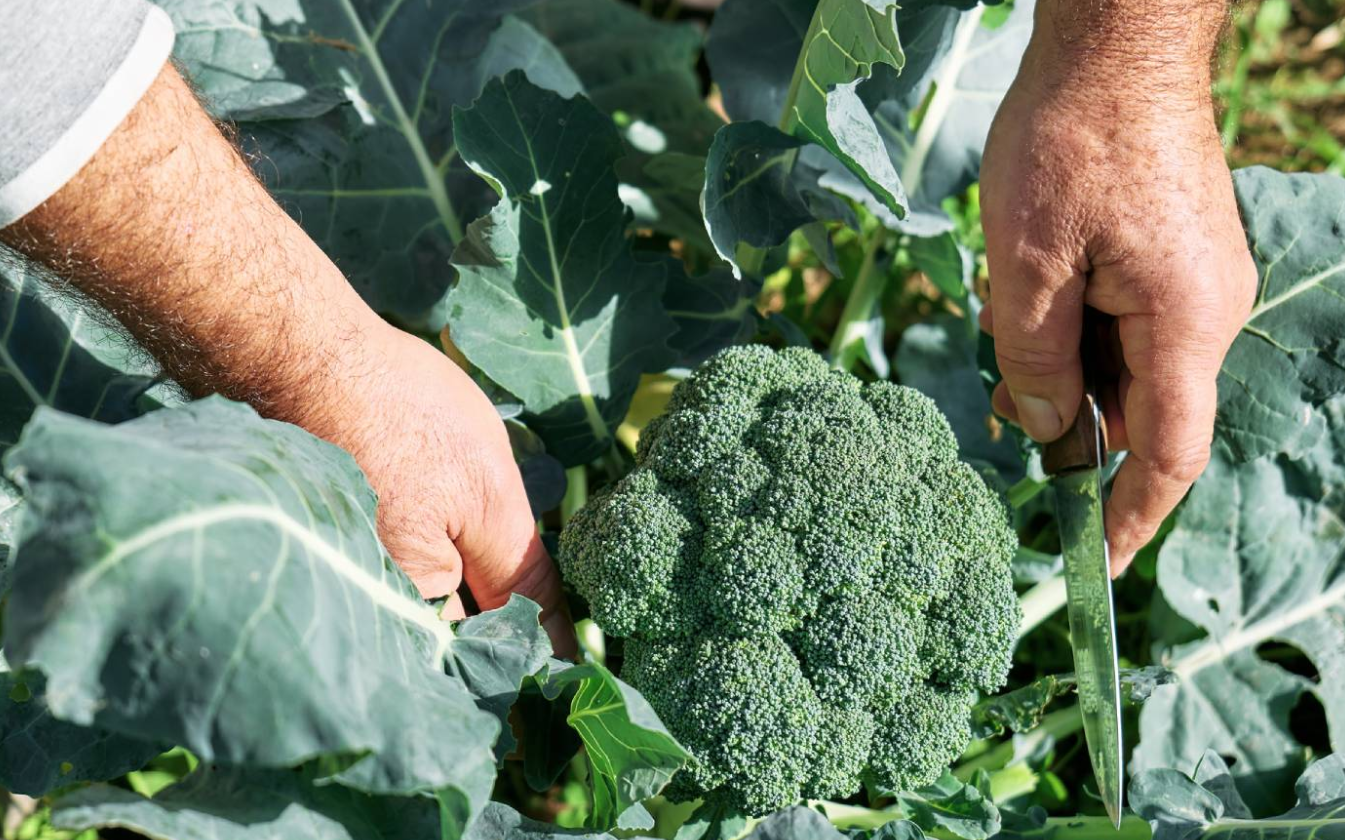
8. Avocados
Avocado is also a top anti-inflammatory ingredient. It is packed with healthy fats, fiber, vitamins, and minerals. There are various anti-inflammatory compounds, including monosaturated fats, carotenoids, and vitamin E, which can help reduce inflammation naturally. Avocado also supports heart and brain health while promoting healthy skin, eyes, and immune function.
Avocados can be used in a variety of different ways, such as diced into salads and grain bowls. It can also be served as a side dish with other meals. Hence, this is a great anti-inflammatory superfoods to eat daily.
9. Nuts
Another natural remedy for inflammation through food is nuts. Nuts such as walnuts and almonds can also be a great ingredient for fighting inflammation. They contain antioxidants and essential nutrients that are important to include in a diet for managing chronic inflammation.
They can also help support your heart health, lower cholesterol, and improve blood pressure. It also supports brain health and regulates blood sugar levels. Nuts can also be a great snaking option. You can also blend them into smoothies and add them to meals to reap all the benefits they offer.
10. Tomatoes
If you are wondering how to reduce inflammation, adding tomatoes to your diet can also be a great option. They contain a high amount of antioxidants and anti-inflammatory compounds, including lycopene, vitamin C, and potassium. Incorporating tomatoes into your diet can also support your heart health. It also promotes healthy skin and protects it against sun damage.
Tomatoes are used in a variety of meals, including salads, sandwiches, and wraps. You can also blend them to make soups and sauces, and even stir-fry them into other meals.
Tips for Following an Anti-Inflammatory Diet
If you’re wondering how to follow an anti-inflammatory diet, consider the following anti-inflammatory diet tips.
11. Simple Meal Swaps
Making small changes in your diet can help you successfully follow a chronic inflammation diet. You can swap your regular food with a much more healthier version. Instead of eating white rice, consider opting for quinoa or brown rice. Similarly, replace the sugary breakfast with much more nutritious options, such as oatmeal topped with berries and nuts, which help reduce inflammation in the body. Use extra-virgin olive oil instead of regular vegetable or canola oil, as it is rich in polyphenols that can help reduce inflammation naturally.
12. What To Limit Or Avoid
Certain foods can exacerbate inflammation in the body and contribute to other health issues. Refined sugar, highly processed foods, excessive red or processed meat, and artificial additives can all make your body feel unhealthy and increase inflammation in the body.
Instead, it is highly recommended to eat foods that can lower inflammation and fight it at the cellular level, such as leafy greens, fatty fish, berries, and nuts, as well as other foods that combat inflammation.
Conclusion
Inflammation can occur due to any injury or infection in your body. However, there are different anti-inflammatory foods that you can incorporate into your diet to reduce the chances of developing inflammation. Powerful natural remedies for inflammation through food, such as fatty fish, berries, green tea, and extra-virgin olive oil, can all be great for your health and help you maintain a healthy body. Therefore, we hope this article was beneficial for you and that you now know the anti-inflammatory foods list for beginners.
